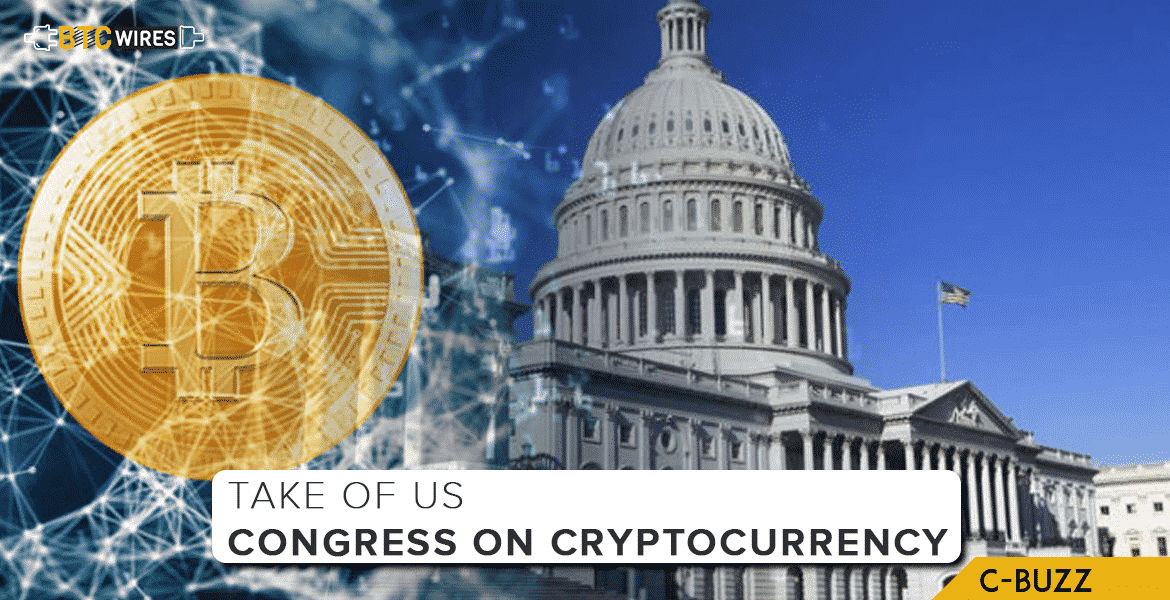On July 18, a hearing titled “The Future of Money:

On July 18, a hearing titled “The Future of Money: Digital Currency” was held by the US Congressional Subcommittee on Monetary Policy and Trade, where major questions regarding digital currencies and their
potential domestic and global implementations were discussed, including their deployments plans, and arguments regarding the future actions of central banks on cryptocurrencies.
Rodney Garrett, professor of economics at the University of California, states that banks have to reach a decision on whether they wish to evade responsibility for a public payment device altogether, or whether they would wish to reach for a digital alternative. Alex Pollock, a T Street Institute senior fellow, says that a central bank digital currency is not a very good idea, as such a move only increases the size and power of the bank, and should the Federal
Reserve adopt this currency, then it would become an overwhelmingly huge creditor to the entirety of the US financial system.
Pollock explained that the nature of the first money wouldn’t change even if it becomes digitised. Therefore even if some asset-backed digital currency can be made possible, it wouldn’t be entirely private like Bitcoin.
When chairman Andy Barr asked if these altcoins could perform as a money substitute, Garrett only managed to explain that while it was conceptually a good idea, it wouldn’t make sense at the time right now. The heavy price volatility makes them difficult to use as an everyday exchange medium. He, however, maintains that this volatility
can be controlled if more and more people actually start obtaining and using these currencies in daily transactions.
Vice-chairman Roger Williams questioned the panelists on what the main barriers to large-scale crypto and blockchain adoption seem to be, on which Norbert Michel, director at the Center for Data Analysis at the
Heritage Foundation, showed that capital gains tax (CGT) still stands as the greatest impediment, mostly because if the complicated tracking procedure required to monitor profits and losses.
US Congressman Brad Sherman maintained his highly critical and aggressive stance towards cryptocurrencies. He stated that he would prefer to outright ban US citizens from purchasing or mining altcoins.
